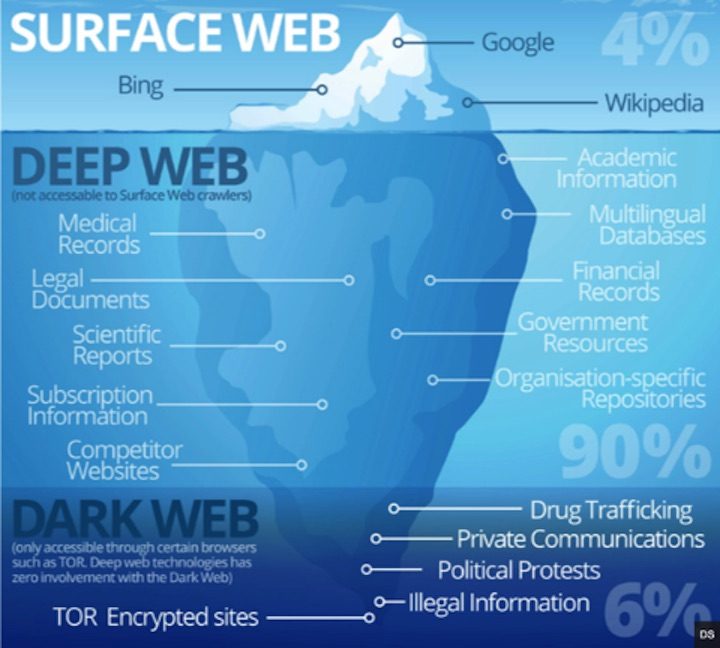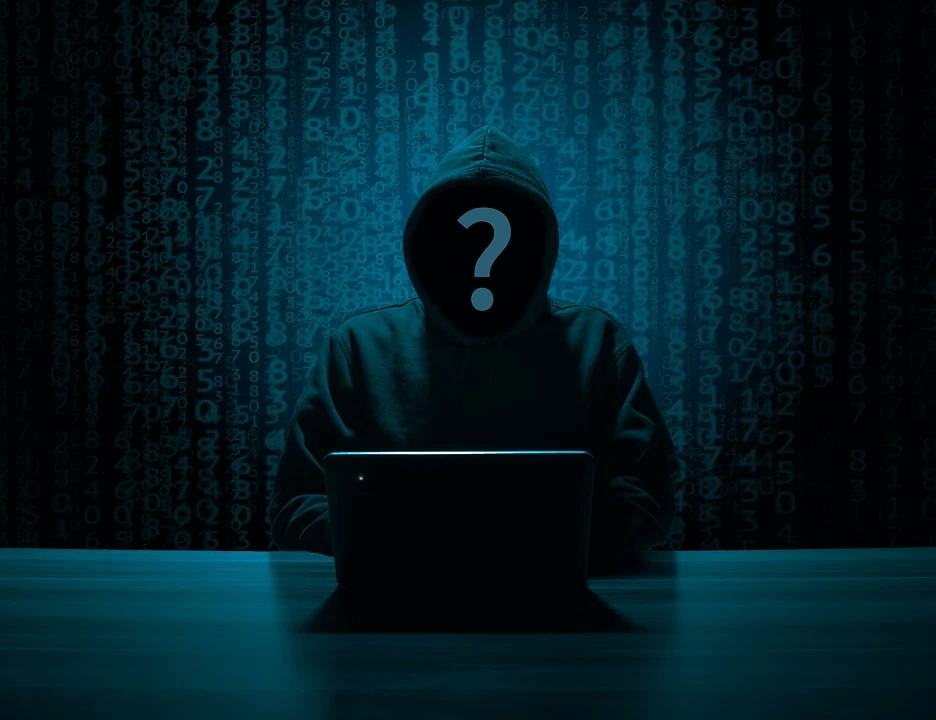
Most of us might get instantly scared of hearing the terms like ‘dark web’ or ‘tor browser.’ Undoubtedly, it is a place where most of the unauthorized and malicious activities take place, but it isn’t as harmful as it seems. We often know the wrong side of the dark web because of its excessive negative portrayal. However, as much as it is dangerous to surf the dark web due to scams, frauds, illicit content, or criminal activities, it is not entirely unsafe as we know! Know all the top facts about the dark web to read at least once and then decide for yourself. Read on to learn more!
This post is not to promote the use of the dark web. A simple fact check to break down the myth and spread awareness is the only objective of this article. Accessing the TOR based on this article is solely at the reader’s discretion.
The fundamental difference between deep web and dark web
The deep web is anything on the Internet that stays unindexed from the search engines and can’t be accessed without proper authentication. This can also essentially include the personal data that a website holds that require adequate authentication. Being said that, the deep web comprises nearly 90% of the content. And the dark web is a part of it. Both of them have content that is unindexed and requires special measures to access. However, the dark web might contain illegal content and links.
Surfing on the dark web isn’t wrong.
If someone is looking for complete anonymous browsing to the websites that can be accessed easily, it can be done through the dark web. Most social media and entertainment websites have their dark web presence with different ‘.onion’ domains. Some countries have restricted using the dark web through TOR, but depending on the region-specific permissions, one can access it. Privacy is everyone’s right, isn’t it?
Accessing dark web
The dark web can be accessed with the help of the TOR browser. It is as simple as downloading and running it. All the websites contain a .onion top-level domain, and TOR uses them only. Accessing TOR should be done with utmost care and precautions not to spill your personally identifiable information.
The dark web contains and trades in illegal materials such as narcotics, illicit media, ammunition, and sensitive data that sell for the prices of chips. Many hackers also disclose zero-days and breached data for sale on the dark web.

Myths revolving around the dark web
It is also said that accessing the dark web might spill information about you, and you are being tracked. However, many measures are being taken to improve the encryption levels and security strength to maintain the secrecy of the user accessing the dark web through Tor browser. So, tracking becomes difficult most of the time. Due to the negativity spread around concerning the dark web, myths are likely to arise and spread fear.
Surfing through TOR assures anonymity.
Like the symbolic significance of TOR, the user’s search activity is covered with multiple layers of encryption ensuring complete anonymity. So tracing back the user who accesses the TOR is complex, and one can use it to escape detection by the ISP. If merged with a premium VPN, there is hardly a chance that your IP is revealed to anyone.
Many things that can go wrong
Using the dark web is restricted because many things can go wrong that can potentially harm your identity, privacy, and reputation. A few of them are:
- Accidentally giving your personal information through forms or consents that are asked while visiting a website.
- Making use of third-party integrations on the dark web browsers that can use your information as per their privacy policies.
- Making transactions to the websites that are a fraud. Since the links disappear very frequently, it is risky to trust them as genuine.
- TOR might contain minor thieves, criminals, or imposters that might trick you into revealing sensitive data in exchange for something lucrative.

Content on the dark web
The dark web has very volatile content. One day the link exists; the other day, it doesn’t. Some websites are taken down regularly, and new websites emerge daily. So relying on one content for long and trusting its accountability isn’t advised. Searching and exploring can be done, but we recommend avoiding having interactions in any way on the dark web.
Towards the conclusion
Wrapping on the top facts about the dark web to read at least once, it is understood that the dark web isn’t as bad as it seems. Sure it contains harmful contents and illegal trades, but ordinary people surf it for their anonymity and avoid activity tracking. With proper measures for safety and using it within legal limits, it is safe to explore.

Author Bio: My name is Rishika Desai. I’m a cybersecurity researcher trying to explore various domains and its potential influences in shaping the security strengths of users. I therefore, intend to propose various such implementation ideas that can be beneficial for the society. You can follow me on Twitter at @ich_rish99.